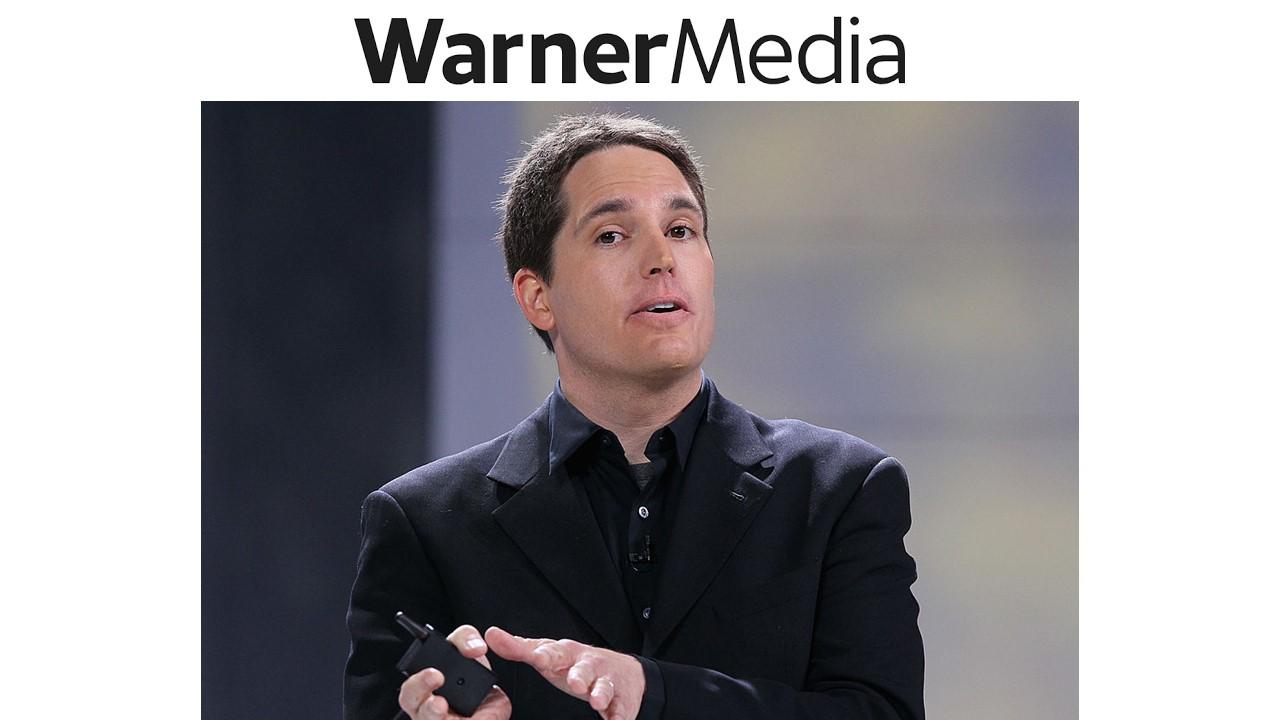AT&T to Spin Off WarnerMedia in Merger With Discovery in $43B Deal
AT&T has set plans in motion to spin off WarnerMedia in a deal worth $43 billion. What does this mean for WarnerMedia and its tied asset Discovery?
Feb. 1 2022, Published 10:18 a.m. ET
In a multi-faceted deal coined a “spin-merge,” AT&T (T) is changing the course for one of its biggest assets, WarnerMedia. AT&T will spin off WarnerMedia in a merger with Discovery (DISCA), but the telecommunications company will retain an ownership stake in the newly merged entity.
The deal wasn't a secret, and a reorganization has been en route for months. However, the complex nature of the spin-off merger might require some explaining for everyday investors.
AT&T is spinning off WarnerMedia in the Discovery merger and creating Warner Bros. Discovery.

WarnerMedia CEO Jason Kilar
AT&T’s board of directors officially announced on Feb. 1 that the company is spinning off the entirety of its asset WarnerMedia and merging it with AT&T’s newly tied entity Discovery. The deal is expected to close in the second quarter of 2022, at which time shareholders will see their stock adjust to reflect the new arrangement.
The two-step transaction will go through for a total of $43 billion. Once finalized, WarnerMedia-Discovery will be renamed to Warner Bros. Discovery. AT&T shareholders will own 71 percent of the newly combined Warner Bros. Discovery and receive 0.24 shares of Warner Bros. Discovery (WBD) stock for every AT&T share held.
AT&T is also slashing its dividend.
In the midst of the whirlwind deal, AT&T announced that it will cut its dividend payment to $1.11 per share—down from nearly half of the previous $2.08 per share. AT&T shareholders knew a dividend cut was coming, but the size of the reduction is still hefty.
What's the spin-merge structure?
Previously, AT&T acquired Time Warner for $85 billion and renamed the company WarnerMedia. Now, the telecommunications company is restructuring WarnerMedia in a combined spin-off and merger with Discovery. After the $43 billion deal, the companies will end up as Warner Bros. Discovery.
The all-stock deal is what’s called an RMT (Reverse Morris Trust) transaction. An RMT transaction is specifically designed to avoid tax payments. AT&T promised shareholders that the deal wouldn’t incur any taxes and would instead maximize shareholder value. AT&T came through on its promise using an RMT transaction, but that isn’t a 100 percent guarantee that T stock and forthcoming WBD stock will thrive under the new arrangement.
AT&T still requires regulatory approval for the deal and shareholders don’t need to do anything in order to receive WBD stock.
T stock drops after the deal announcement.
AT&T CEO John Stankey talked about the $43 billion transaction that will lead to Warner Bros. Discovery. He said, “We believe that the remaining AT&T and the new WBD are two equities that the market will want to own and the markets to support those equities will develop.”
Right now, the market says otherwise. T shares are down 4.67 percent at the market open on Feb. 1 following the official announcement. The company’s restructuring is a strong effort to reintroduce value to T shareholders, whose positions have decreased by 41.09 percent in the last five years.
DISCA stock is down 5.48 percent at market open on Feb. 1. and 37.37 percent in the last year.

